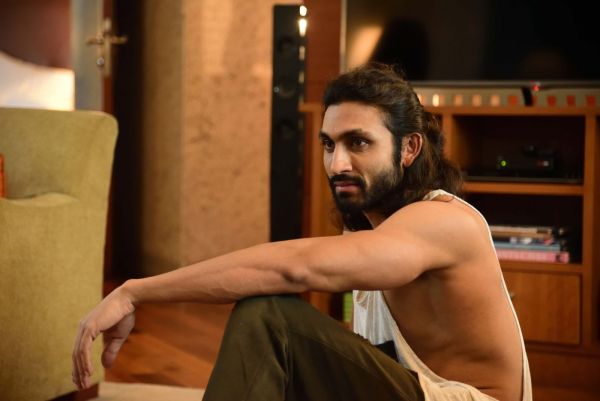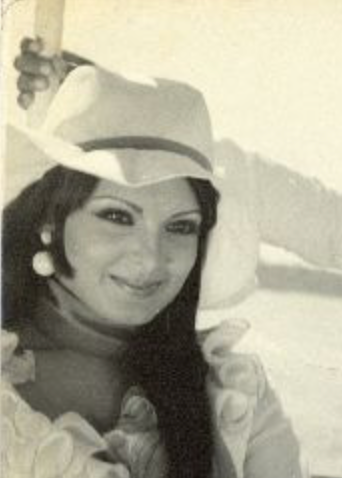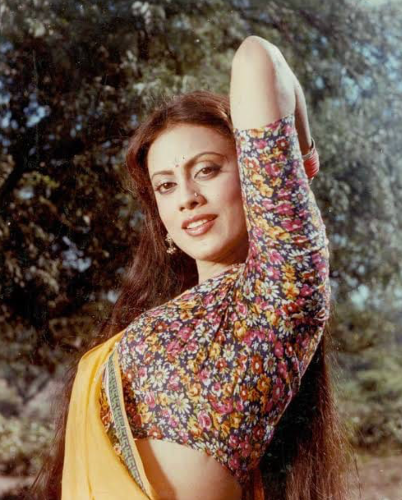Season’s Greetings: The Heart Knows No Reason
Subscribe to read full article
This section is for paid subscribers only. Our subscription is only $37/- for one full year.
You get unlimited access to all paid section and features on the website with this subscription.
Not ready for a full subscription?
You can access this article for $2, and have it saved to your account for one year.
Ram Kamal Mukherjee’s Season’s Greeting, streaming on Zee5, is a straight-from-the-heart labour of love. The director and its lead stars, Lillete Dubey and Celina Jaitly, spoke to Shantanu Ray Chaudhuri.
Cast: Lillete Dubey, Celina Jaitly, Azhar Khan
Director: Ram Kamal Mukherjee
For a film that runs three-quarters of an hour, Ram Kamal Mukherjee’s Season’s Greetings manages to pack in a plethora of issues that haunt contemporary Indian society. At the core of the film lies the issue of freedom of sexual choice, and Mukherjee weaves in #MeToo, inter-community relationships and religion (there’s a pithy take on the journey the country has taken from Allahabad to Prayagraj), social media trolling, gender inequality (Aag mein chalna padhta hai Sita ko, aur purushottam kaun banta hai), among others. As the director says, ‘It was a tough call. In fact, I could have failed miserably, but I wanted to take that chance. I have dealt with sex, love, companionship and choice of life, and 45 minutes is definitely a tough frame to paint the canvas with so many hues.’
_00889%20(1).jpg/(889)_00889%20(1)__600x401.jpg)
_00293%20(1).jpg/(293)_00293%20(1)__600x401.jpg)
_00055.jpg/(55)_00055__600x401.jpg)
_00787.jpg/(787)_00787__401x600.jpg)

The film-maker is justifiably proud that his efforts are paying off. As he mentions, the film has been selected at seven prestigious international festivals including the Cardiff International Film Festival. It won the Best Director Jury award at the Rajasthan International Film Festival and has been selected at the prestigious Kashish Film Festival 2020 in Mumbai, Asia’s largest LGBTQIA Film Festival.
Lillete Dubey has the last word on the film in these remarkable times: ‘This pause/reset button will make us look at the world anew … inside and out … exactly what Season’s Greetings makes us do.’
Tags
About the Author
Shantanu Ray Chaudhuri is either an 'accidental' editor who strayed into publishing from a career in finance and accounts or an 'accidental' finance person who found his calling in publishing. He studied commerce and after about a decade in finance and accounts, he left it for good. He did a course in film, television and journalism from the Xavier's Institute of Mass Communication, Mumbai, after which he launched a film magazine of his own called Lights Camera Action. As executive editor at HarperCollins Publishers India, he helped launch what came to be regarded as the go-to cinema, music and culture list in Indian publishing. Books commissioned and edited by him have won the National Award for Best Book on Cinema and the MAMI (Mumbai Academy of Moving Images) Award for Best Writing on Cinema. He also commissioned and edited some of India's leading authors like Gulzar, Manu Joseph, Kiran Nagarkar, Arun Shourie and worked out co-pub arrangements with the Society for the Preservation of Satyajit Ray Archives, apart from publishing a number of first-time authors in cinema whose books went on to become best-sellers. In 2017, he was named Editor of the Year by the apex publishing body, Publishing Next. He has been a regular contributor to Anupama Chopra's online magazine Film Companion. He is also a published author, with two books to his credit: Whims – A Book of Poems (published by Writers Workshop) and Icons from Bollywood (published by Penguin Books).







.jpg)


